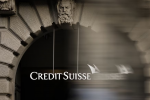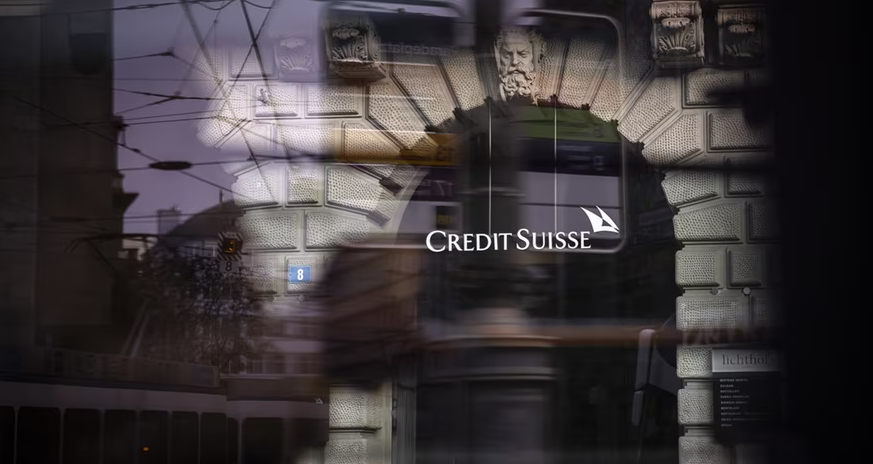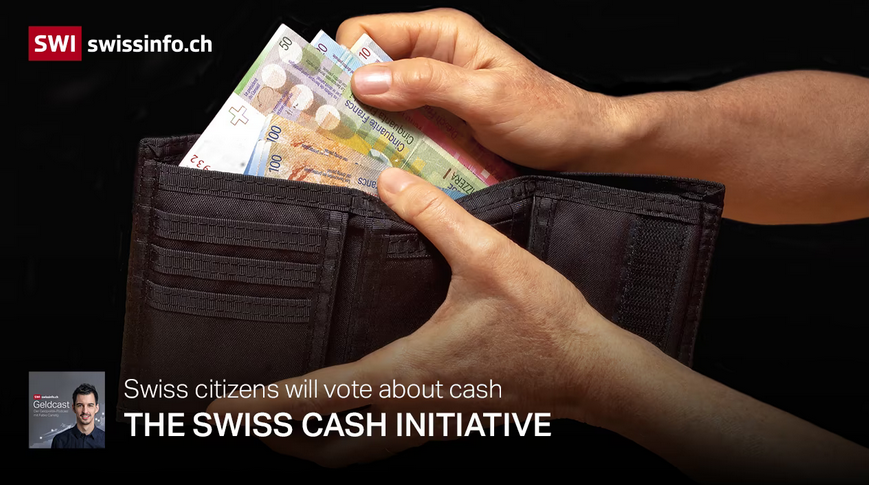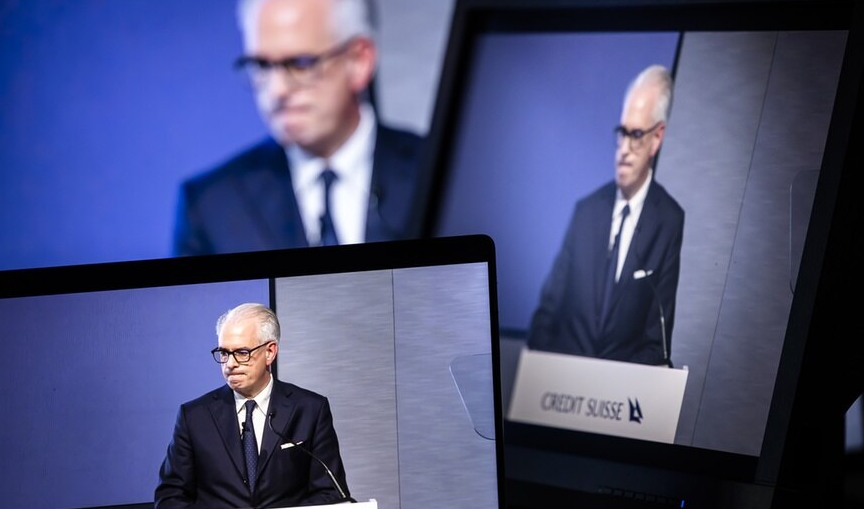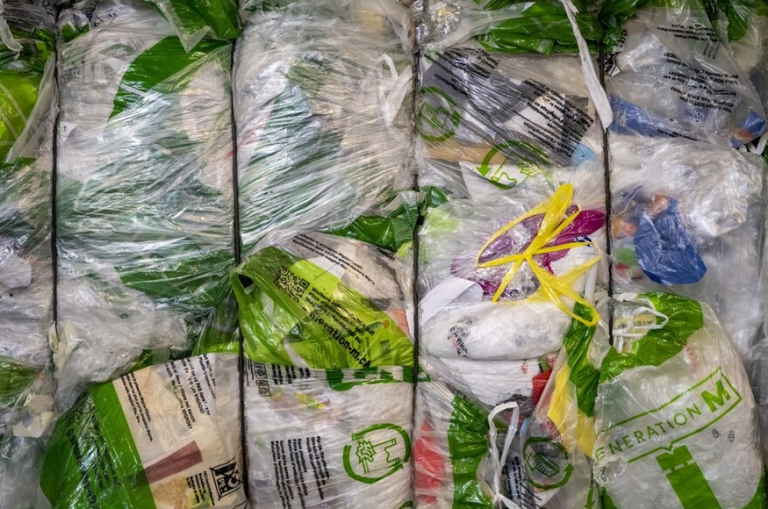
Politicians, business directors and companies in Switzerland are among those connected to the so-called Paradise Papers, a massive trove of leaked offshore investment documents. There is currently no evidence of any legal wrongdoing.
One of the most interesting names for the Swiss authorities is convicted criminal Jean-Claude Bastos, the Swiss-Angolan founder and CEO of Quantum Global Group, an international investment firm with a focus on Africa.
Swiss figures who the documents say have had business dealings with Bastos include a former Swiss cabinet minister and various heads of Swiss companies, including the Federal Railways.
“How a Swiss man benefits from Angola’s billions,” was the headlineexternal link in Monday’s Tages-Anzeiger newspaper, part of the International Consortium of Investigative Journalists (ICIJ) that published the papersexternal link on Sunday. Other Swiss media outlets involved were the SonntagsZeitung and Le Matin Dimanche.
In 2011, Bastos was convicted by canton Zug – where Quantum Global Group is based – of “repeated qualified criminal mismanagement” of companies. Despite this, Bastos is revealed to be at the centre of a web of companies which attracted Swiss names from politics and business.
The Tages-Anzeiger reported how Federal Railways president Monika Ribar joined the board of directors of a Bastos firm on the British Virgin Islands, Capoinvest Limited, in May 2015 (when she was vice-president at the federal railways). She was reportedly paid an annual salary of $100,000 (CHF100,100) as a consultant, but she gave up her seat before becoming president of the Federal Railways in June 2016.
Other business partners of Bastos, according to the Tages-Anzeiger, include Ruth Metzler, who was justice minister from 1999-2003, and Walter Fust, former director of the Swiss Agency for Development and Cooperation (SDC).
Last week, the Handelszeitung business paper published an articleexternal link on Bastos which tied him to, among others, Marcel Rohner, the former CEO of Swiss bank UBS, Armin Meier, the former head of travel agency Kuoni, and André Schneider, former managing director of the World Economic Forum (WEF).
Glencore
Much of the new trove of files includes bank statements, emails and loan agreements from Bermuda-based Applebyexternal link, a law firm that helps set up offshore dummy companies and trusts. Appleby told the ICIJ there was “no evidence” that it has done anything wrong.
Other records came from Asiaciti Trust, a family-run offshore specialist based in Singapore, and from 19 corporate registries maintained by governments in jurisdictions that draw the wealthy seeking privacy.
One of Appleby’s clients was revealed to be Swiss-based mining group and commodities trader Glencore. Of the 13.4 million documents in the ICIJ’s possession, more than 30,000 related to Glencore, according to Swiss public television, SRFexternal link.
Citing the documents, British newspaper The Guardian reportedexternal link that Glencore had “secretly loaned tens of millions of dollars” to Israeli businessman Dan Gertler, after enlisting him to secure a mining deal in the Democratic Republic of Congo.
Glencore said in a statement sent to Reuters on Sunday, but dated October 27 and addressed to the ICIJ, that it had made a loan to a company affiliated to Gertler in 2009 on commercial terms and that it was fully repaid.
Panama Papers
Sunday’s revelations follow last year’s release of records from a Panama-based firm involved in setting up offshore accounts. That disclosure triggered investigations in several countries, the resignation of the prime minister of Iceland and ouster of the leader of Pakistan.
There are legitimate reasons for setting up offshore accounts, but lax regulation and anonymity in some jurisdictions make it easy to launder money, evade taxes and avoid regulatory scrutiny. Critics of the widening gap between the super-wealthy and the rest have seized upon the use of tax havens as revealed in the Panama Papers as evidence of a crisis, and governments have promised to crack down.
swissinfo.ch/tsFull story here Are you the author? Previous post See more for Next post
Tags: Business,newslettersent









 About
About 



















